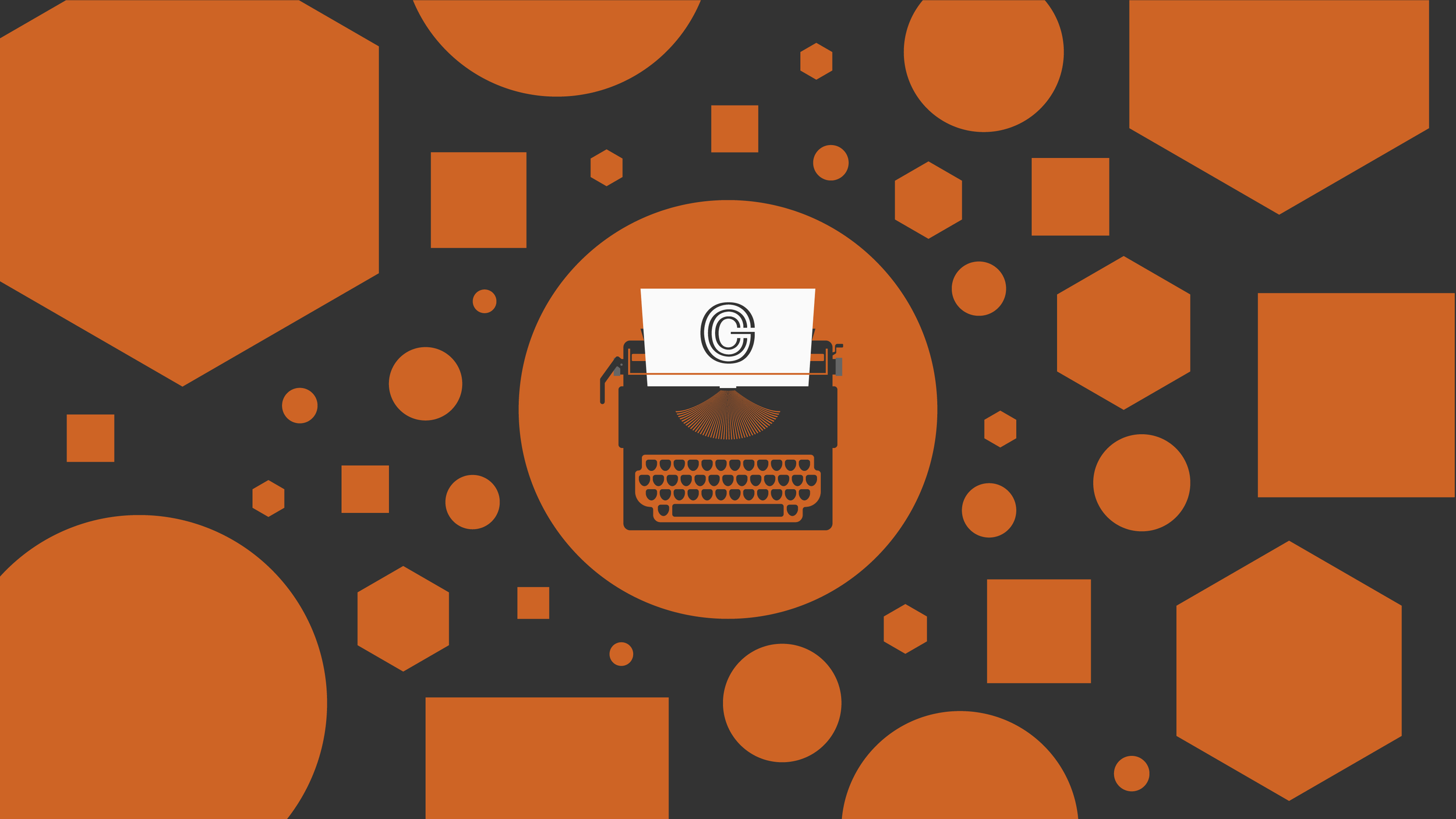Dive into a collection of articles that amplify neurodivergent voices, support a more thorough understanding of neurodiversity, and challenge common misconceptions.
Author
- Abs S. Ashley
- Adam Fare
- Aisling Sheehy
- Ann Memmott
- Callum Stephen Howes
- Cassandra Lovelock
- Cassandra Lovelock and El Dewar
- Claire
- Cos Michael
- El Dewar
- Elise Guthrie Stirling
- Emily Lees
- Emily Katy
- Guest Contributor
- Helen Edgar
- Iqra Babar
- Jill Corbyn
- Kai Schweizer
- Katrine Callander
- Kay Louise Aldred
- Krysia Waldock
- Meena Kumari
- Nick Ransom
- Reesha Zahir
- Rhiannon Williams
- Rod Landman
- Sarah Douglas
- Thomas Barnett
- Tina
- Trauma Geek
- Warda Farah

From Powerlessness to Empowerment — Part 3/3: The Found Adult and the Recovering Child
This is the third and final installment of a trio of blogs from Sarah Douglas. These articles form an intimate and thoughtful autobiographical account that traces what Sarah calls ‘a Neurodivergent meandering of trauma and hope’.

From Powerlessness to Empowerment — Part 2/3: The Inherently Vulnerable Autist Trope
This is the second installment of a trio of blogs from Sarah Douglas. These articles form an intimate and thoughtful autobiographical account that traces what Sarah calls ‘a Neurodivergent meandering of trauma and hope’.

From Powerlessness to Empowerment — Part 1/3: The Lost Child
This is the first installment of a trio of blogs from Sarah Douglas, an intimate and thoughtful autobiographical account that traces what Sarah calls ‘a Neurodivergent meandering of trauma and hope’.

“My name is Tina”: a first hand account
My name is Tina and I am a British Indian woman. I was born and brought up in Punjab, India. During my primary education, I struggled with some reading and writing, however I absolutely loved maths. I was told by my teacher that I would need to work hard on my spelling, reading and writing. I was a very bright student and achieved really good results during my school, college and at university. My mental health wasn't great due to overthinking, stress and depression. I struggled with my weight, my internalised racism about my dark skin and worries about being different. I was not a typical Indian girl.

Coercion, grooming and online harms
Coercion and grooming have run like letters through a stick of rock in all the project work I have done for ARC England over the last 15 years. Most recently in supporting women with learning disabilities and autistic women who have experienced domestic abuse and sexual violence, and in the work I am currently involved in on online harms; but the origins go right back to the ARC Safety Net project which identified what we now call ‘mate crime’.

Disability Hate Crime Week: Mate Crime and Neurodiversity
The 14th to the 21st of October is National Hate Crime Awareness Week. Hate crime awareness week includes awareness of disability hate crime, which differs from other forms of hate crime. The definition of disability hate crime is “any criminal offense which is perceived, by the victim or any other person, to be motivated by a hostility or prejudice based on a person’s disability or perceived disability” (College of Policing, 2014).

Autism Research - What’s New in July 2023
This research roundup picks out some of the current big debates on autistic lives, and showcases some of the research from teams making an impact on improving the quality of life for autistic individuals.
- AAC
- ABA
- abuse
- accessible
- ADHD
- adults
- advocacy
- affirming
- assessment
- autism
- black autistic
- body image
- building design
- burnout
- childhood
- children
- co production
- coercive control
- communication
- community
- criminal justice system
- dentist
- depression
- diagnosis
- distress symptoms
- dyslexia
- eating disorders
- education
- empathy
- employment
- environment
- ethics
- fibromyalgia
- friendship
- GCC Summit 2023
- gender
- grooming
- health
- healthcare
- IBS
- identity
- illness
- inclusion
- inertia
- inpatient
- labels
- language
- late diagnosed
- LGBTQIA+
- lived experience
- long term admittance
- masking
- media
- medicalisation
- meltdown
- mental health
- monotropism
- mothers
- myths
- nervous system
- newly diagnosed
- NHS
- online
- pain
- parents
- partnership
- pathology
- peer support
- play
- PTSD
- race
- racism
- reasonable adjustments
- recruitment
- relationships
- research
- restraint
- retirement
- routine
- school
- self diagnosis
- self regulation
- sensory environment
- sensory overwhelm
- services
- sexism
- special interests
- speech and language
- spirituality
- stimming
- stress
- suicide
- support
- therapy
- training
- traits
- trauma
- women
- workplace
- young people
Got something to say?
We commission blogs from neurodivergent writers. We are particularly keen to hear from people of colour, older people, and non-speaking members of our community. Help us in our mission to amplify the views and voices that are most often left unseen and unheard.


